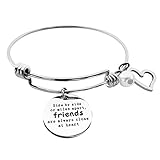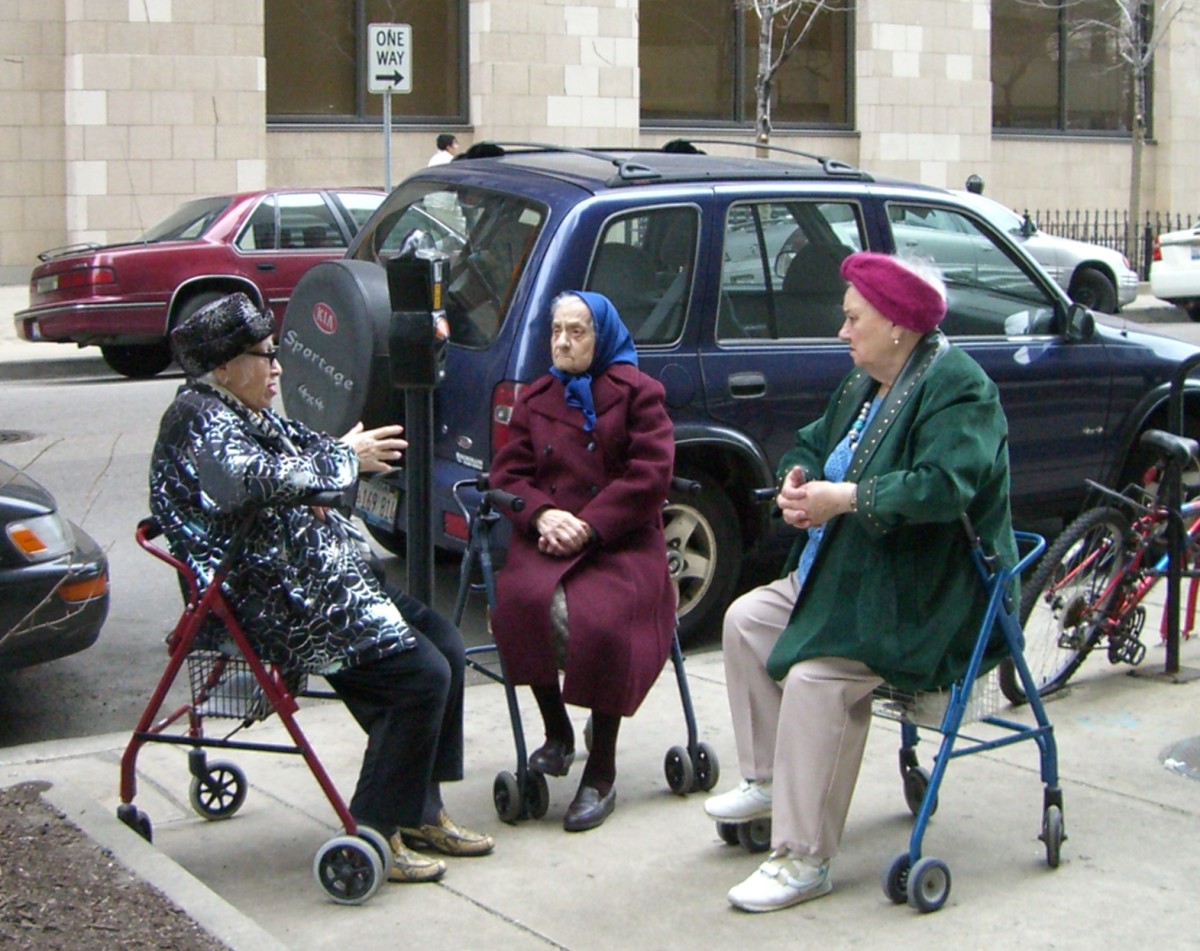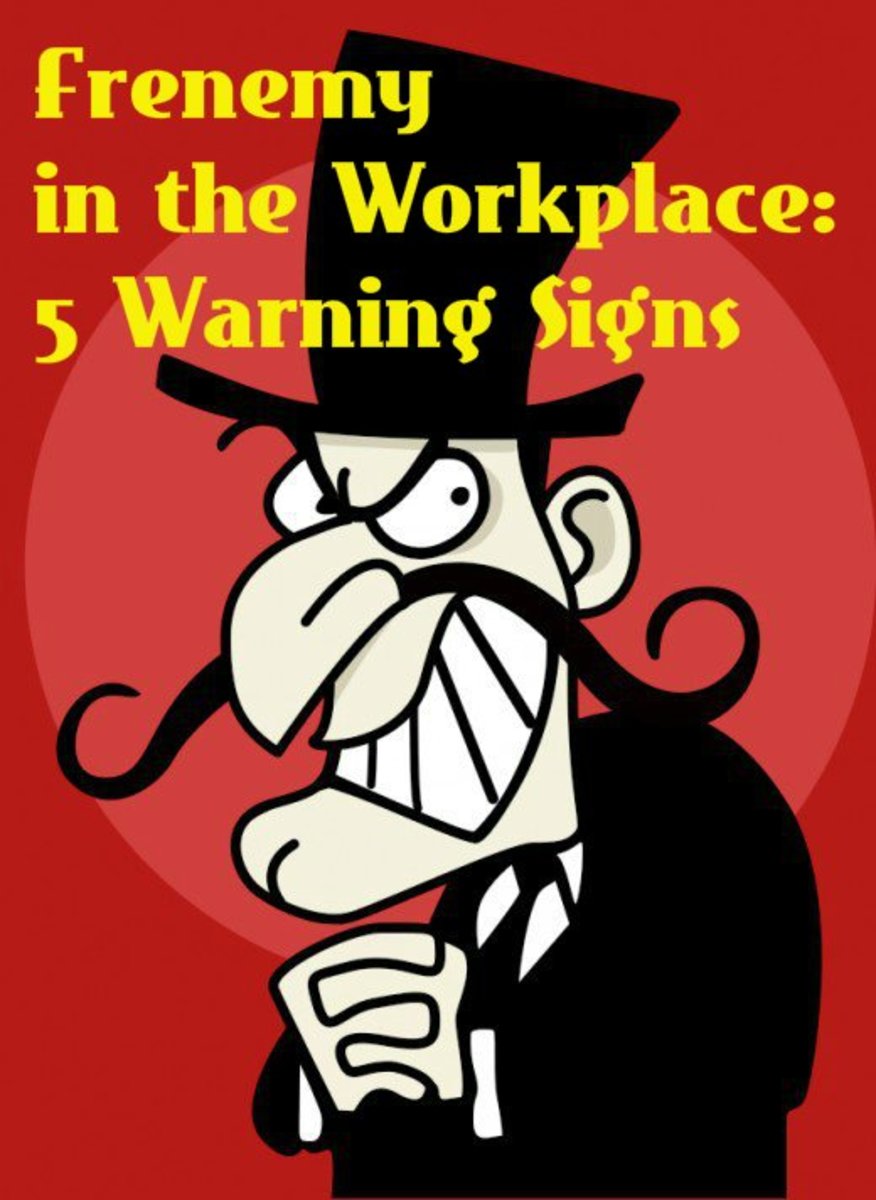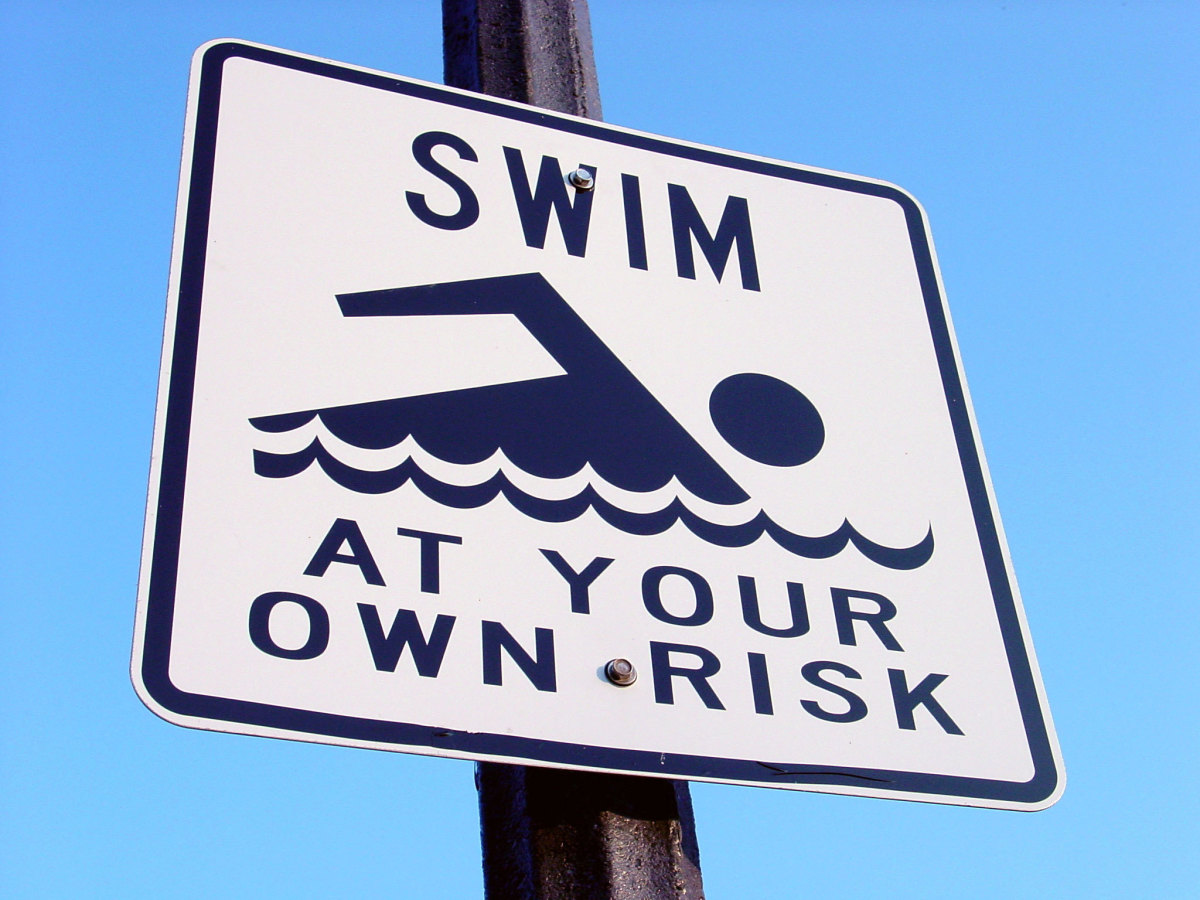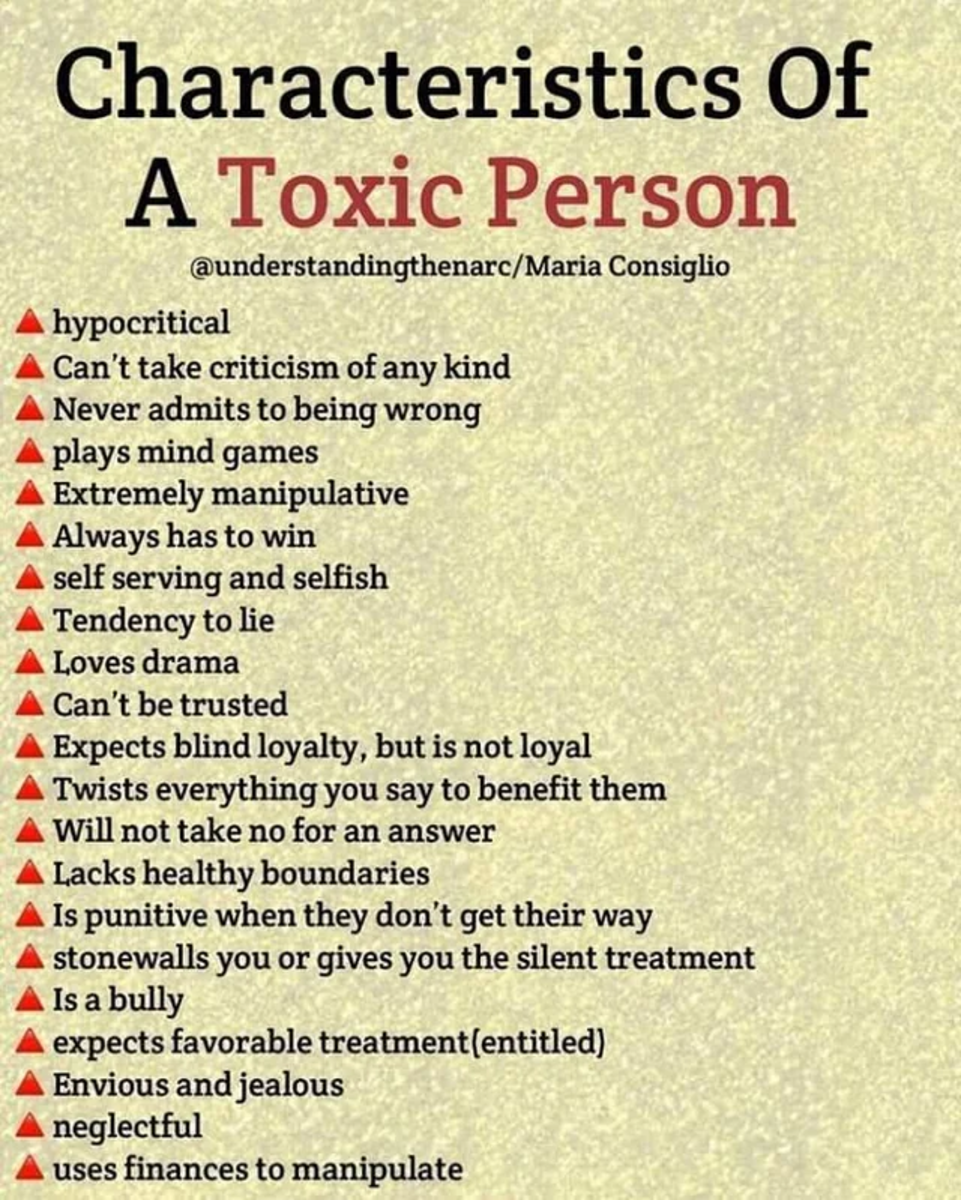Friendship; The Impact of Good Friends on Your Quality of Life
Having good friends and community is linked to better health practices, less stress and depression. There is even some evidence that better social networks increase immune function. Studies conducted from orphanages two decades earlier, concluded; lack of human contact (social interaction) resulted in high death rates in babies.The risk factors of being socially isolated cut across all age groups.
Studies indicate, despite modern technology people are becoming more socially isolated. This is, in part, due to many factors. Some of these factors are:
- People no longer live out their lives where they were born or even where they grew up, removing a sense of community and connectedness.
- People marry later
- Couples lead busy-dual income lives.
- There is an increase in one person households.
Friends add joy to life

“Friendship is a sheltering tree.” - Samuel Taylor Coleridge
Information on Friendships ; Their Value and Importance:
- Sharing experiences with a sympathetic person (friend); results in lighter emotional burdens.
- Being part of a social network (group of friends, family, community) creates a feeling of inclusion, resulting in improved self–image.
- Caring or being responsible for another person results in better self-care.
- Friendship is a vital part of the human condition. We need each other!
“The most basic and powerful way to connect to another person is to listen. Just listen. Perhaps the most important thing we ever give each other is our attention… A loving silence often has more power to heal and to connect than the most well-intentioned words.”
- Rachel Naomi Remen
“A friend is one before whom I can think aloud.” - Ralph Waldo Emerson
It is never too late to forge new friendships:
Science Daily (June 27, 2010) states that when we age, our relationships tend to improve. They found, the perception of limited time, an improved ability to forgive and respectful attitude were partly responsible.
Perhaps also, the recognition that social connectedness has value, plays a role.
An older generation, values different qualities over an earlier period of life. In general, there is a lessening of the urge to keep up with the latest fads and trends. They tend to criticize less, though I can validate some people who haven’t reached that stage of life yet, though they may be there in number of years! Experience has given them a better understanding of “walking in the other person’s shoes for a mile/kilometer or two”.
Friendships across age-groups
Young persons value different aspects of friendship: Common ground, being part of a crowd, forming a “group” identity and try as they might to be different, they are quite amazingly very similar…just perhaps different from the last generation! It is all a part of the “age-old ritual” of growing up, that has gone on forever.
Young adults form friendships at work, through hobbies, the communities they live in (if they have time) and as they form families, create the groups of young families to do things together and share ideas and resources. In some of my research for this article, I came across some anecdotal evidence that these young adult friendships tend to be quite temporary in nature, since people move in and out of communities and no longer is there time to keep touch with those that "move on" in today’s frenzied lifestyles. Even with email and modern technology there is a certain “fatigue” in keeping in touch. Those that move into the community become the new friends of the moment.
“I always felt that the great high privilege, relief and comfort of friendship were that one had to explain nothing.” - Katherine Mansfield
Good friendships can include;
Shared experiences: Friends have experienced something with each other. Shared experiences can include interests, family, work, school, etc.
Attention: In other words, because friends listen carefully, they know something specific about the each other’s likes and dislikes and are in tune with what the person might need to be uplifted at some moment and this is a two-way attribute.
Spontaneity: A friend will do something nice on the spur of the moment with no further thought than they just wanted to let you know they were thinking of you at the moment.
Authenticity: Friends do not pretend to be someone they are not.
Overlooking Shortcomings: Friends are like forgiveness insurance. They don’t get insulted over little things and make allowances for flaws, because they have some of their own.
Cheering Committee: Friends improve your quality of life by giving compliments and refraining from giving advice when you have not asked for it.
Friendship not worth the time has some of these attributes;
Criticism and Negative Comments: If you feel diminished, depleted and unappreciated
Lies and Deceit: A no-brainer, but deceptive people sometimes can manage to feign friendship
No Respect: Another no-brainer, but sometimes it happens. If your time, money, boundaries or any other aspect of life isn’t respected, not worth the friendship
You are Never the Focus: While it may be great for the friend to always be the center of attention, it can easily become a tired routine
“All love that has not friendship for the base, is like a mansion built upon the sand.”
-Ella Wheeler Wilcox
Some practical suggestions
A few friends you know are better than hundreds: FaceBook aside, friends take time and effort and energy. Acquaintances or contacts have not reached friend status other than in “FaceBook” terms
Become Involved: People cannot meet you if you hide yourself away and work on the computer 24/7. Go do some face-to-face. Be friendly. Smile. Join a group you enjoy. Volunteer.
Don’t Limit Yourself: Friends come in all shapes, sizes, colours, ages and states of wealth and health. The variety will enrich your experiences and broaden your respect for the human conditions around you.
Loosen Up: It isn’t a contest and if someone doesn’t click, someone else will. Rarely can we meet the expectations of everyone. So “don’t worry, be happy”!
Give the friendship time to develop: It is a process and needs time and space... I had an early friendship wither when the friend would arrive uninvited at my doorstep each and every day and stay for hours on end. Finally, I stopped answering the door.
Background Information:
A review in the Public Library of Science Journal PLoS Medicine, titled: “Social Relationships and Mortality Risks: A Meta-analytic Review”, published July 27, 2010 describes how social relationships impact mental health, as well as, mortality. The review was extracted from data across 148 studies on over 308,000 participants. The data included 51% from North America, 37% from Europe, 11% from Asia and 1% from Australia. The average age of the participants was 63.9% evenly spread 49% female, 51% male. Participants were followed 7.5 years.
References:
Public Library of Science Journal PLoS Medicine @ http://plosmedicine.org :
- Social Relationships and Mortality Risk: A Meta-analytic Review Julianne Holt-Lunstad, Timothy B. Smith, J. Bradley Layton
- Science Daily: June 27,2010
- 50plus.com

